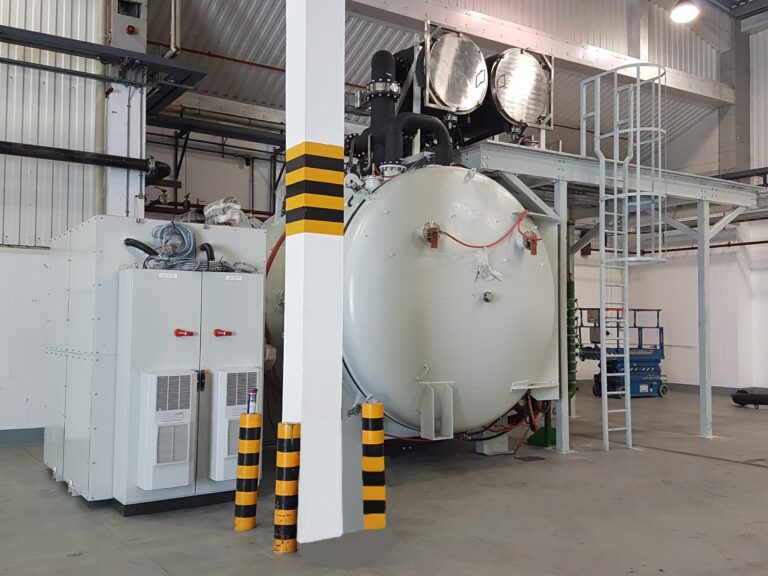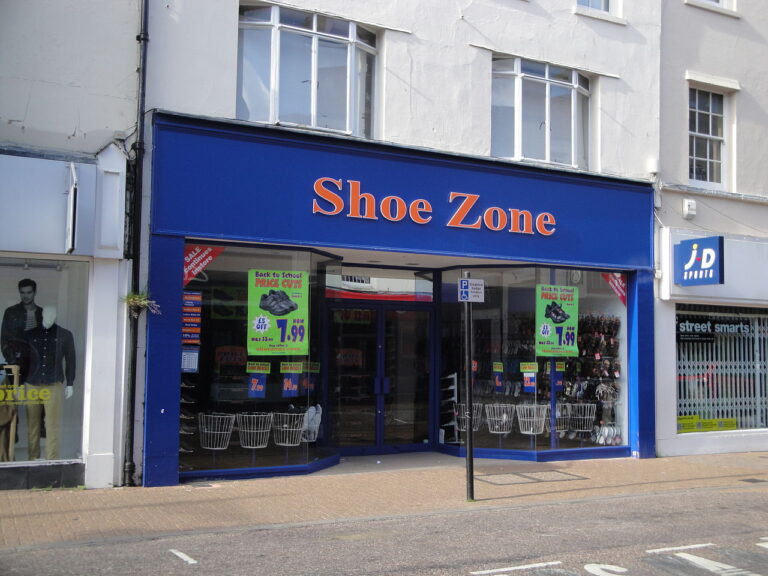The SMMT (Society of Motor Manufacturers and Traders) has released data this morning confirming new car registrations in October of 153,599 which represents a 2.9% decline YOY. This is a better performance than we had anticipated albeit it follows a 20.5% decline in September and a 12.2% decline in October 2017. This data demonstrates the decline has reduced since September (which was -20.5%) albeit the supply pressures we flagged in our recent sector note remains visible in this data with Audi (-52.7%). While trading uncertainty and short-term earnings risk remains we believe long term valuations look attractive at current levels, with all PLC operators having strong asset backed balances at this stage of the cycle.
SMMT data: New car registration data for October has been released, which was -2.9% YOY at the headline level. Year to date, registrations are 7.2% lower YOY, showing the trading backdrop continues to be challenging. Within mix, private demand was down 1.0% YOY to 69,231. In fleet, registrations declined by 5.2% to 79,611, notable brand performances for the month included BMW (+2.3%), Mercedes Benz (-3.5%), Ford (-14.1%) and Volkswagen (-0.6%). Following on from a difficult September for all of the VW brands, collectively accounting for 49% of the overall decline in September, October data showed a recovery for some of the VW brands, Skoda (+3.1%) and Seat (+2.9%) while others continued to struggle, Audi (-52.7%). Currency weakness as well as UK political uncertainty and Brexit are also continuing to have an impact, making the UK a more costly and uncertain place from the perspective of the OEMs, following on from recent profit warnings from BMW and Ford. In addition, JLR reported a Q3 loss of £90m, pointing to a number of factors such as falling diesel sales and political uncertainty.
Budget observations: The response from the industry towards the Budget has signaled disappointment with no visible stimulus for the new car market. Mike Hawes, SMMT chief executive, said, “Amid continuing Brexit uncertainty . . . the automotive industry was looking for a stimulus to boost a flagging new car market. We wanted to see more incentives for consumers to purchase the latest, most environmentally friendly vehicles”. It is probably going to be next spring when potential changes are going to be made to mitigate the effects of the new emission tests on Company Car Tax (CCT) and Vehicle Excise Duty (VED). The fact that a review is underway is encouraging, albeit significant uncertainty remains over tax brackets on new cars due to the new testing regime, which continues to impact the fleet market. There is also likely to be a new VED system for vans, designed to encourage the uptake of cleaner vehicles next year, which, if clear, should also reduce uncertainty in this market. In terms of Electric Vehicles, the Plug In Car Grant was cut back earlier this month, with the status of home and workplace charging grants also in doubt, which was not addressed at the Budget. However, Enhanced Capital Allowances for vehicle charge points were extended until 2023, but other than this, the future of incentives for Electric Vehicles also remains uncertain.
US dealer read across: US groups Penske and Group 1 Q3 updates showed consistent messaging on the UK market. In its most recent earnings announcement Penske highlighted supply issues, caused by WLTP as the key driver behind the 10.5% decline in their UK business in Q3. Expectation are for further weakness in their new vehicle sales in the UK business as supply issues persist. Similarly, Group 1 reported that its UK business, which accounts for 20.3% of overall revenue, saw revenue decline 11% in Q3 also highlighting WLTP and the subsequent supply issues as the key driving factor stating, “This testing procedure created a serious inventory supply delay in the release of many 2019 model year vehicles for sale”.
Valuation: Whilst we expect trading conditions to continue to be challenging in the near term, we believe the sector valuation for the UK car dealers is attractive on what we consider to be cautious and below consensus estimates across our coverage universe (Cambria, Lookers, Vertu and Marshall Motor Holdings). In general, balance sheet strength across the sector is robust, and we are likely to see further consolidation activity as smaller operators become more distressed in our view. We also see potential for further overseas interest in the UK dealer sector given current valuations. It would not surprise us to see some take over interest from the large US motor groups into the UK PLC’s given such valuations, especially if sterling did weaken further from here.
| October | Total | Diesel | Petrol | AFV | Private | Fleet | Business |
| 2018 | 153,599 | 49,061 | 93,941 | 10,597 | 69,231 | 79,611 | 4,757 |
| 2017 | 158,192 | 62,366 | 87,720 | 8,106 | 69,913 | 83,955 | 4,324 |
| % change | (2.9) | (21.3) | 7.1 | 30.7 | (1.0) | (5.2) | 10.0 |
| Mkt share 2018 (%) | 31.9 | 61.2 | 6.9 | 45.1 | 51.8 | 3.1 | |
| Mkt share 2017 (%) | 39.4 | 55.5 | 5.1 | 44.2 | 63.1 | 2.7 |











































